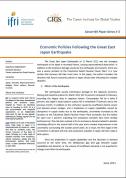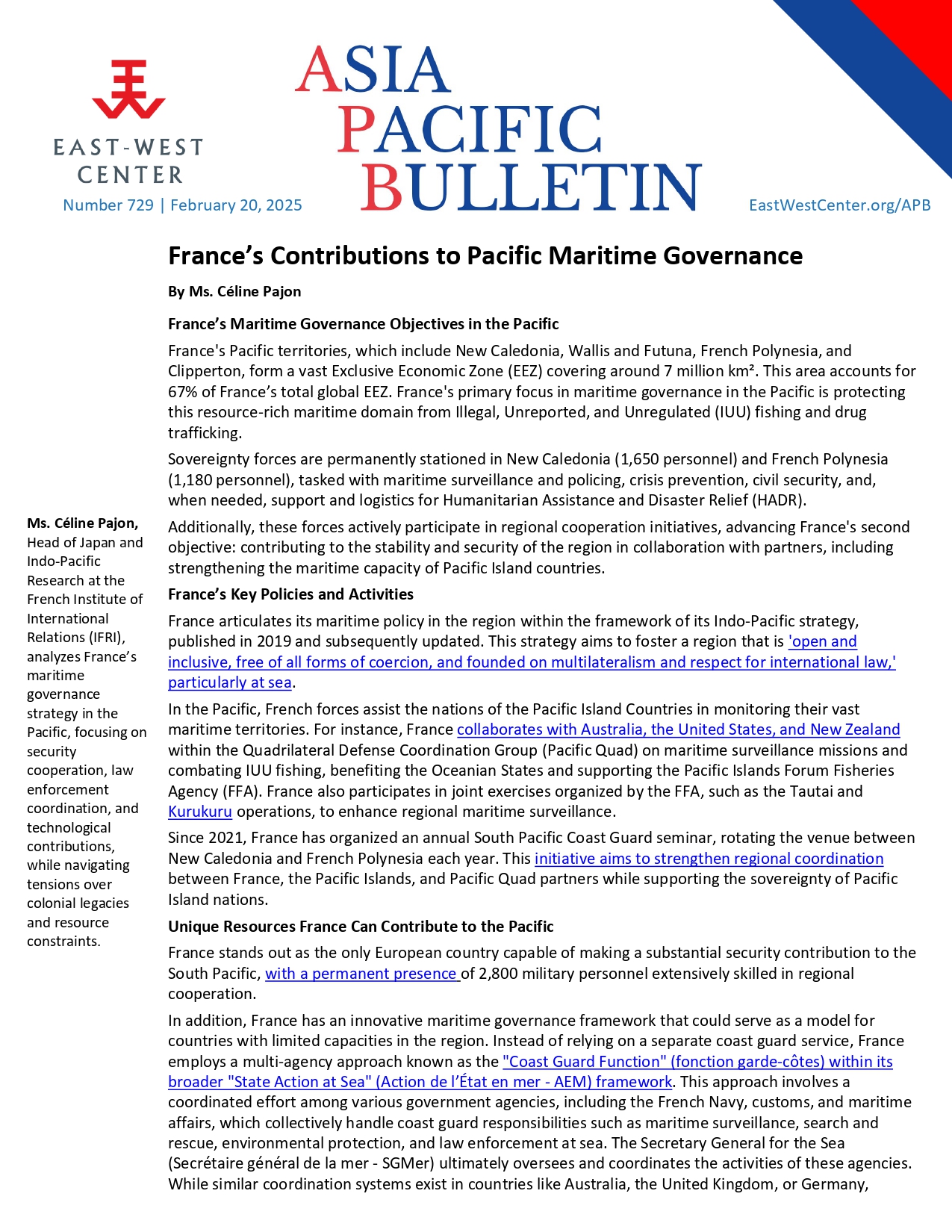Rare Earths and the WTO: Tougher case than it looks

Deepening their partnership, Ifri and the Canon Institute for Global Studies (CIGS) are launching a series of op-eds, written both by Ifri and CIGS experts. This new series aims at providing the European and Asian public with original and different visions on the rapidly evolving international affairs.
The European Union, the United States and Japan have finally decided to take their case on China’s rare earth export policies to the WTO. China stands accused of violating the terms of its WTO accession agreement by limiting exports of rare earths and driving an artificial wedge between prices in China and prices abroad – in essence using its resource advantage to shelter nascent high-tech industries and even to coerce the transfer of foreign expertise. Beijing, meanwhile, argues that this is a purely internal matter motivated by the need to impose environmental restrictions on a highly polluting industry. Uncontrolled production practices have indeed wrought havoc on local environments and human health in rare earth producing regions. The Chinese authorities argue that export permits and higher prices for rare earths are needed to allow industries to adapt to higher production standards – export tariffs and quotas being a useful tool in China’s eye.

Available in:
Regions and themes
Share
Download the full analysis
This page contains only a summary of our work. If you would like to have access to all the information from our research on the subject, you can download the full version in PDF format.
Rare Earths and the WTO: Tougher case than it looks
Related centers and programs
Discover our other research centers and programsFind out more
Discover all our analysesJammu and Kashmir in the Aftermath of August 2019
The abrogation of Article 370, which granted special status to the state of Jammu and Kashmir (J&K), has been on the agenda of the Bharatiya Janata Party (BJP) for many decades.

France’s Contributions to Pacific Maritime Governance
France stands out as the only European country capable of making a substantial security contribution to the South Pacific, with a permanent presence of 2,800 military personnel extensively skilled in regional cooperation.
Unlocking India’s Energy Transition: Addressing Grid Flexibility Challenges and Solutions
India is rapidly scaling up its renewable energy (RE) capacity, adding 15–20 GW annually, but the ambitious goal of 500 GW of non-fossil capacity by 2030 is at risk unless the pace accelerates.

The China-Russia Partnership and the Ukraine War: Aligned but not allied
China and Russia maintain a strategic partnership rooted in shared opposition to the U.S. and liberal democracies, but their relationship is shaped more by pragmatism than trust.










